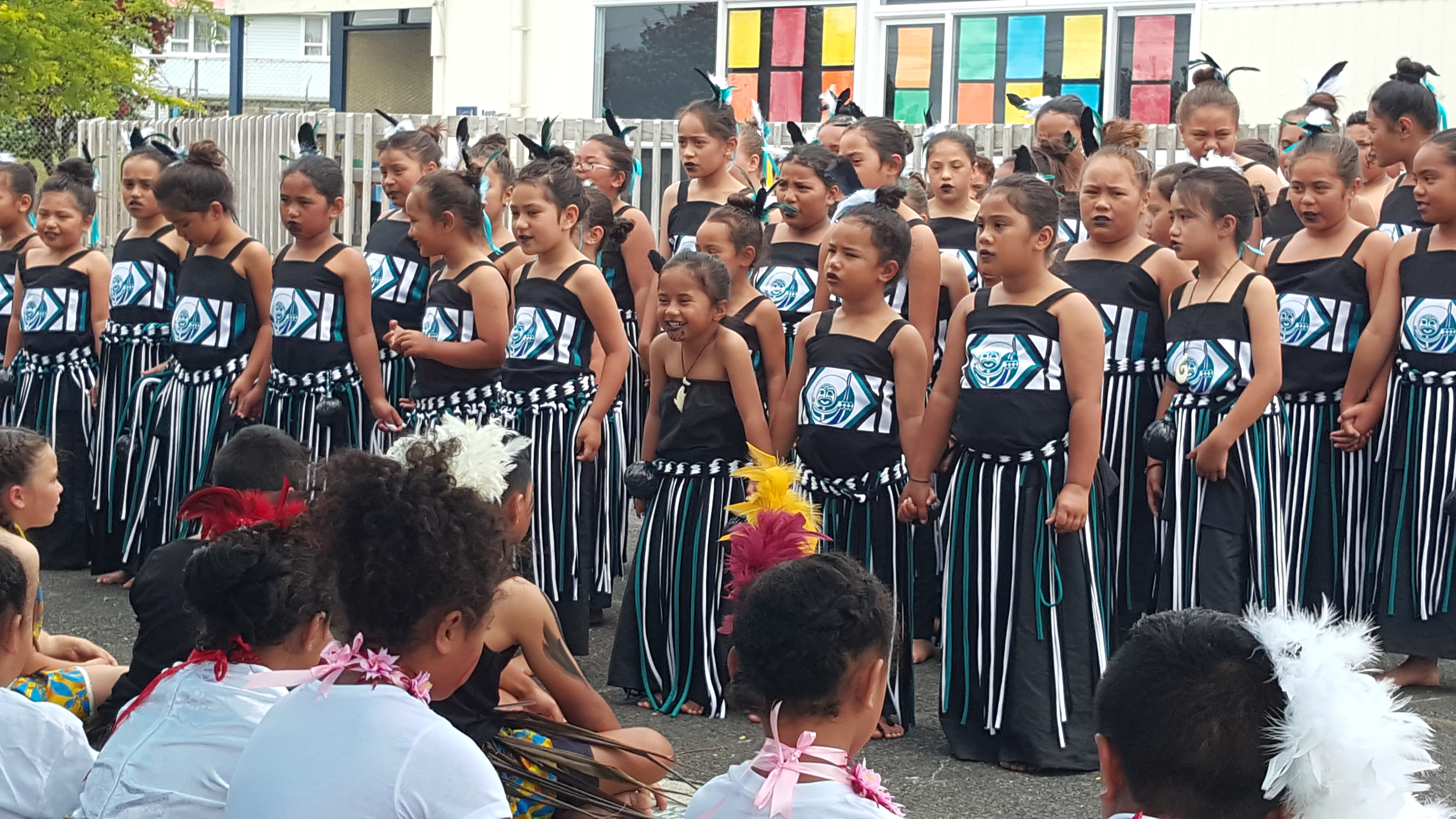RONGOMAITANGA
Our school is made up of children from different backgrounds, and it is important to us that we create an environment that supports, enhances, and imbues pride in our students. We do our best to afford proper respect to tikanga Māori (Māori protocols) and tangata whenua (people of the land) so our students are exposed, even if in a small way, to the beautiful attributes of the Māori culture.
Rongomaitanga is significant to our curriculum design; enabling us to create a curriculum that is localised, authentic and meaningful to our community. Because of these factors, we can acquire the stories of Rongomai School – the korero about our whenua, landmarks and objects unique to Rongomai; the people of Rongomai School (past and present); the struggles and the victories endured and celebrated over time.
Rongomaitanga is an expression of our beliefs and values of what we aspire to live by and be, and therefore, determines the culture of our school – The Rongomai Way. The true essence of Rongomaitanga is providing an education that is founded on inclusion, aroha (love), whanaungatanga (sense of belonging, family, relationships), whakaute (respect), ngakau pono (integrity), mātātoa (courage) and taonga tuku iho (heritage).


